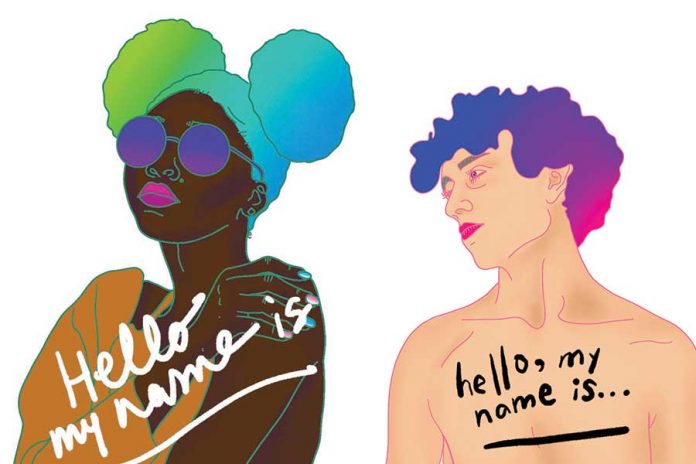Commonwealth Court will hear oral arguments Feb. 13 in the case of three transgender women who are challenging a provision in the state’s name-change law that prevents Pennsylvanians convicted of serious felonies from changing their names.
The proceeding will be held at 9 a.m. in the Teplitz Memorial Courtroom at the Barco Law Building, University of Pittsburgh School of Law, 3900 Forbes Ave. in Pittsburgh. Each side will have about 10 minutes to present their case.
The litigants are Philadelphia resident Alonda Talley and Allegheny County residents Chauntey Mo’Nique Porter and Priscylla Renee Von Noaker. They argue that the law violates the federal and state constitutions. They’re represented pro bono by the Reed Smith law firm, based in Pittsburgh, and the Transgender Legal Defense and Education Fund, based in New York.
Attorney M. Patrick Yingling will present oral arguments on behalf of the women. “I look forward to presenting our case to the court,” Yingling said, in an email. “Ultimately, this case comes down to the fact that Pennsylvanians have a constitutional right to control their names, and the Commonwealth has restricted that right for no valid reason. This ban is not necessary to prevent fraudulent name changes — other parts of the name-change law already protect against that. The ban is simply a pointless restriction on Pennsylvanians’ rights.”
The state Attorney General’s Office is defending the case. A spokesperson for Attorney General Josh Shapiro issued this statement: “Under Pennsylvania state law, people convicted of the most serious felonies are permanently prohibited from changing their names — straight, gay, lesbian or transgender. This law was put in place by the Legislature in 1998, and any policy modifications would be the responsibility of state lawmakers. It is the duty of our office to defend Pennsylvania statues under the Commonwealth Attorneys Act.”
In May 2019, the women filed their legal challenge of the name-change ban in Commonwealth Court. But in September 2019, Shapiro filed a brief, asking the court to dismiss the women’s case as meritless.
Shapiro’s brief claims the state legislature acted properly in 1998 when it unanimously enacted the name-change ban for persons convicted of serious felonies. Those felonies include murder, voluntary manslaughter, rape, involuntary deviate sexual intercourse, sexual assault, aggravated indecent assault, robbery, aggravated assault, arson and kidnapping.
In his brief, Shapiro noted that Porter was convicted of aggravated assault in 2008; Talley was convicted of aggravated assault in 2009; and Von Noaker was convicted of rape in 1987. Shapiro’s brief states that it’s proper for the women to be held accountable for their actions. His brief also emphasizes that the name-change ban doesn’t discriminate on the basis of gender identity.
“The purpose of the statute is to promote the important — indeed, paramount — interest of public safety by preventing people convicted of serious felonies from changing their names in order to avoid detection and escape the consequences of their convictions,” Shapiro’s brief states. “The restrictions apply equally to all Pennsylvania residents convicted of the enumerated offenses regardless of their race, religion, gender, gender expression or identity.”
In a rebuttal brief filed in October 2019, the women noted that the right to change one’s name was codified into law in Pennsylvania in 1852. Forcing someone to express an undesired name violates their free-speech rights, the brief asserts.
“When Pennsylvanians are denied a right to change their names, they are forced to express a name that is not theirs,” the brief states. “They cannot refrain from speaking nor from otherwise expressing a false, personal identity.”
The women’s brief emphasizes the necessity of having the name-change ban declared unconstitutional. “It is the duty of the courts to declare legislation unconstitutional when it abridges a right, like the one here, that is inherent in our common law and protects fundamental interests,” the brief states.
Additionally, the women’s brief notes that if the ban is lifted, the women would still be required to attend a hearing and demonstrate to a judge that they’re acting in good faith. The law requires such a hearing, and the women aren’t challenging that provision.
Luke E. Debevec, an attorney for the women, said he will attend the oral arguments. “We look forward to helping our clients have a fair opportunity to have their names changed to reflect their identity,” Debevec told PGN. “We’re optimistic as we prepare to present our argument to the court. The court will have an opportunity to ask questions and satisfy themselves that the relief we’re requesting is reasonable and what the constitution requires.”

